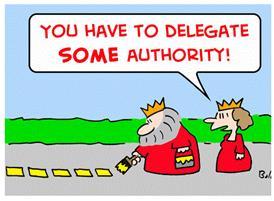It’s a common practice to collect feedback from employees to gauge how things are going. Whether it is an employee opinion survey, an assessment of employee engagement, or a focus group/interview study, many organizations periodically ask employees for their thoughts and/or input. The hard part isn’t asking the questions or collecting the data. It’s what do you do once you have the information.
Next steps
Survey feedback often suggests that employees think that “management won’t do anything with the results.” To avoid this from happening, the senior leadership team should take the following steps after any assessment effort:







